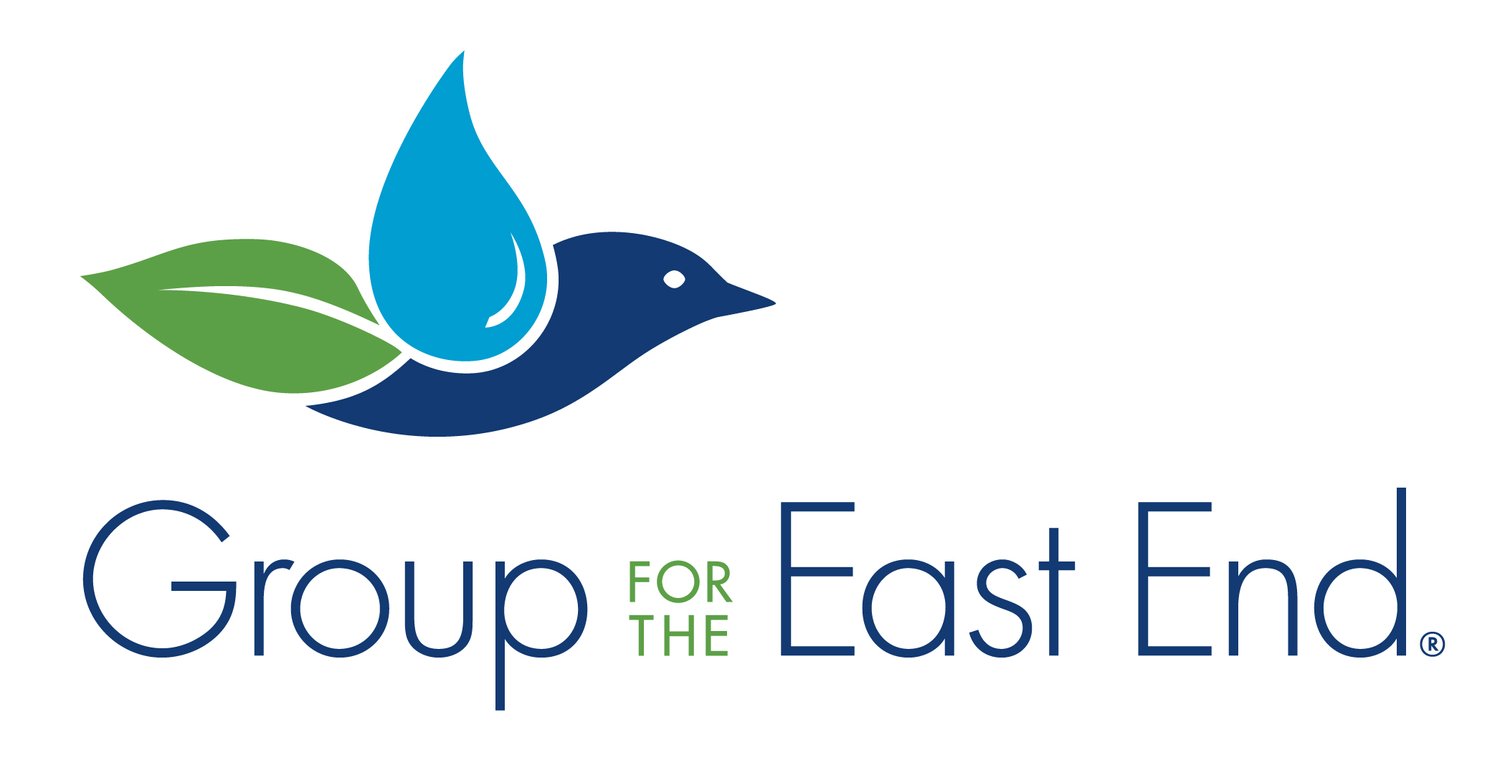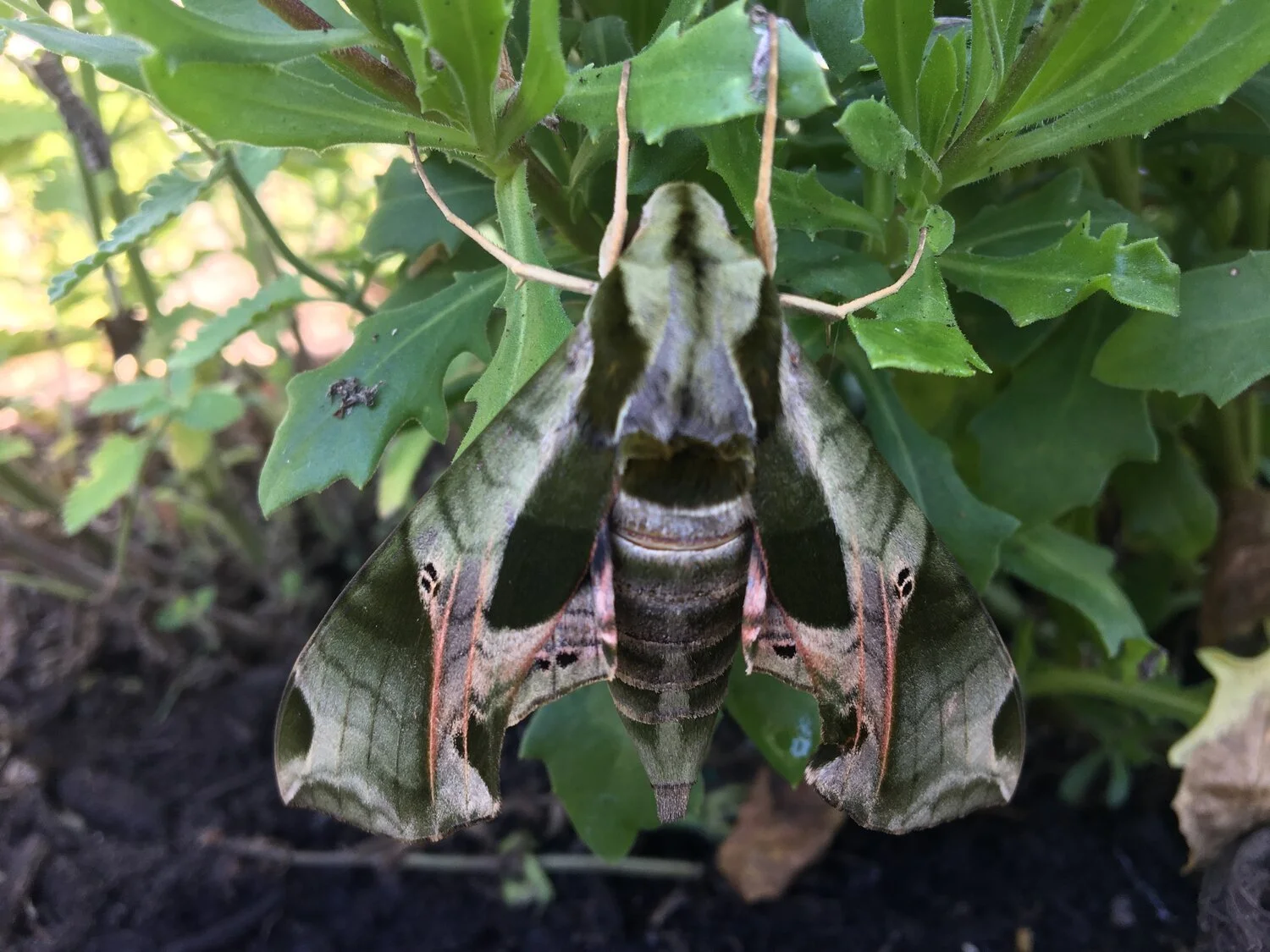Mothing for Moth Week
BY: TARALYNN REYNOLDS
GROUP FOR THE EAST END OUTREACH AND EDUCATION MANAGER
Pandora sphinx moth, Eumorpha pandorus
National Moth Week is July 18 - 26 and here at Group for the East End we encourage you to get out there and join the ranks of “moth-ers” around the country and the world, spotting and documenting the amazing variety of these oft-overlooked flighted, fluttering cousins of butterflies.
Orange-tipped oakworm moth
Moth Week began as an off-shoot of a popular nighttime moth program of a New Jersey-based environmental non-profit and since 2012 has grown into an international citizen science-based effort to document the amazing variety of moths in the hope of collecting valuable population data.
Virginia creeper sphinx moth, Darapsa myron
With world insect populations in decline due to habitat loss, pollution, pesticides and climate change, there is no better time to understand what is out there, where they are, and how we can act to protect them.
Fall webworm moth, Hyphantria cunea
Just some of the names of moths are intriguing: geometer moths, hummingbird moths, hawk or sphinx moths and more! Some moth species are excellent pollinators, their fuzzy little bodies pick up pollen easily and transfer from plant to plant. Some adult moths do not have mouth parts, meaning they never feed in their short lifetime. Their only goal is to find a mate and reproduce. Some male moths can detect females up to seven miles away!
Large tolype moth, Tolype velleda
Interested yet? Use this locator map to find an event near you. On the East End? Our friends at Quogue Wildlife Refuge will be hosting a virtual moth program on Tuesday, July 21. Learn more here. Check out our Facebook and Instagram to see some of the local moths Groupies have spotted and for some staff favorites.
Happy Mothing!





